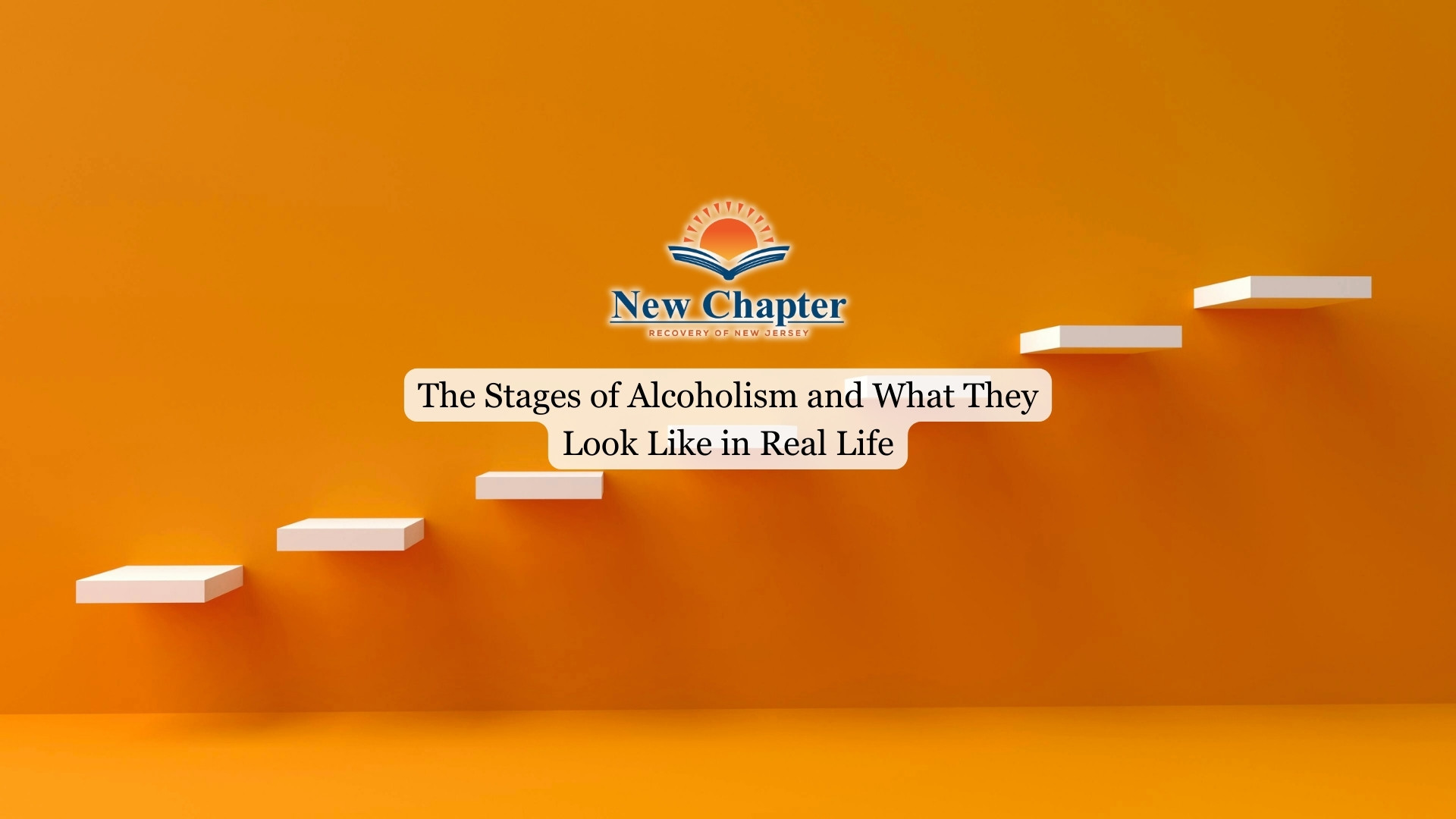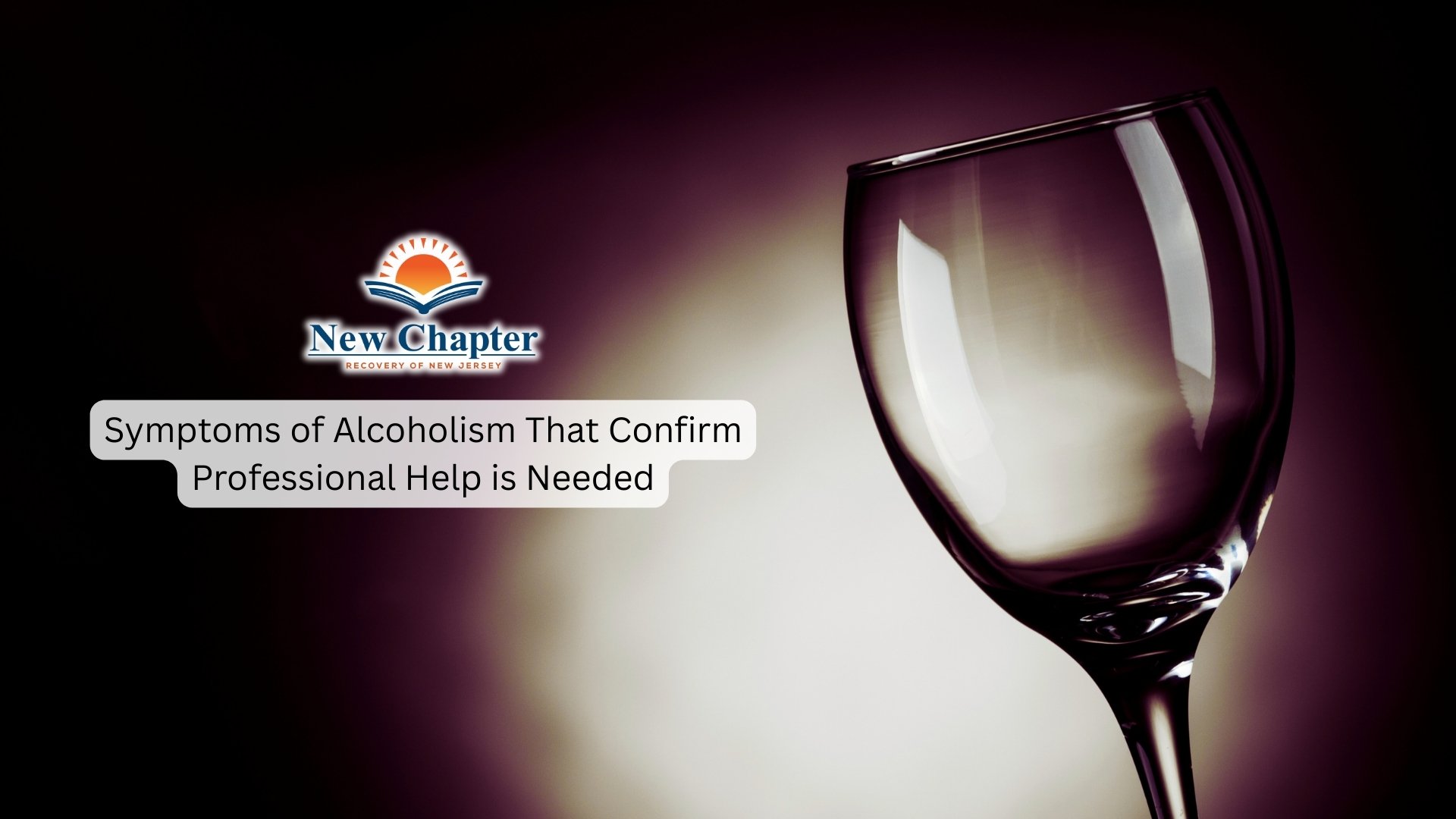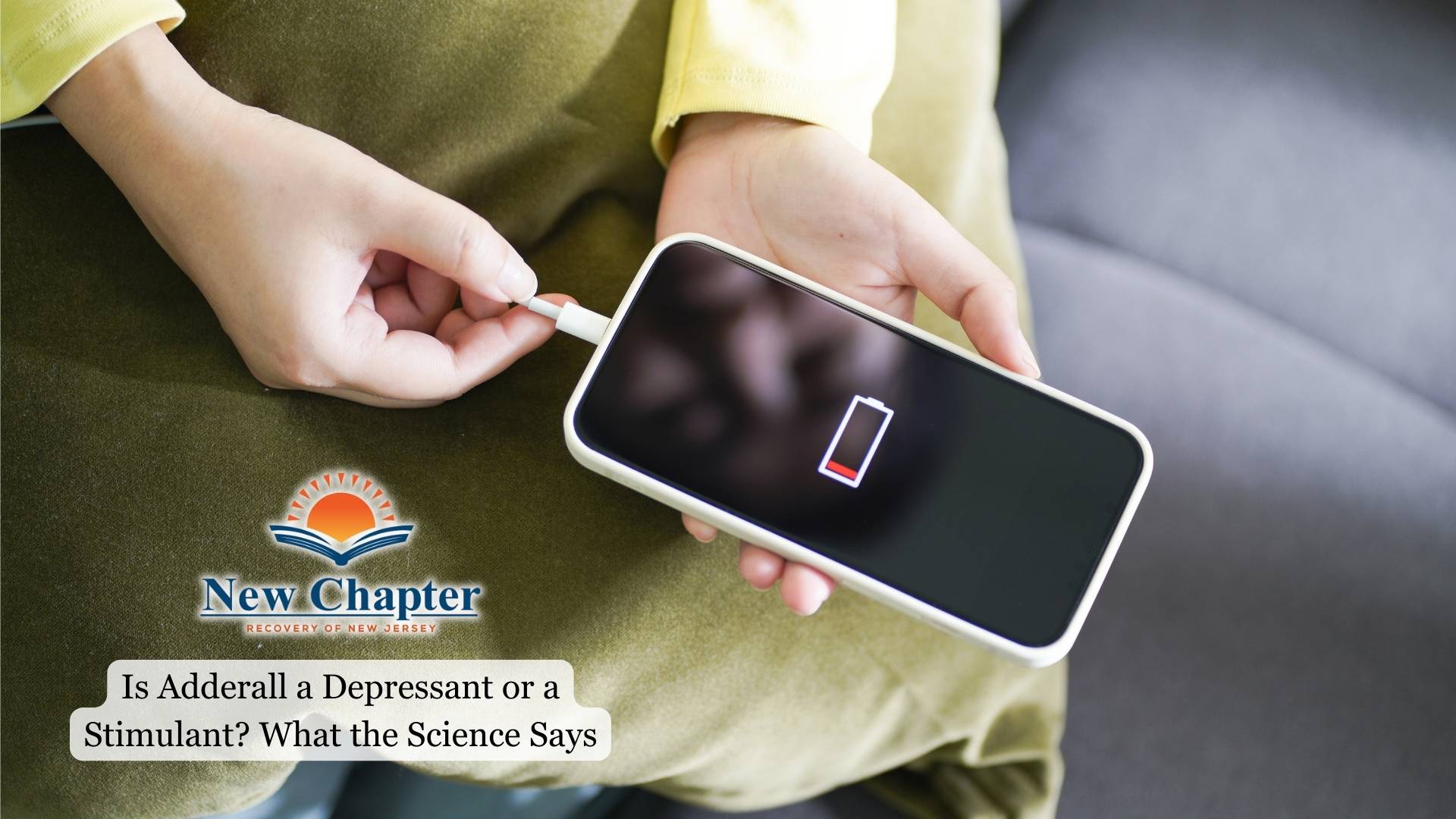With its ability to diminish willpower and cloud judgment, stress is a well-known factor in addiction development and relapse. It can turn minor struggles into major setbacks, challenging even the most determined individuals in recovery. However, by adopting proven stress management techniques, those on the path to sobriety can safeguard their progress and enhance their overall health.
In this article, we’ll examine the essential role of stress management in addiction recovery, sharing practical tools, evidence-based approaches, and key insights to reinforce your recovery journey.

The Connection Between Stress and Addiction
Stress serves as a primary trigger for relapse, as increased cortisol levels can heighten your cravings for substances. Prolonged exposure to stress can alter your brain chemistry, making you more likely to turn to substance use as a coping mechanism, perpetuating the cycle of addiction.
During the withdrawal phase, you may experience exacerbated feelings of anxiety and irritability, making stress management essential during this vulnerable period.
Emotional distress caused by stress can impair your decision-making abilities, leading to impulsive actions that may result in a return to substance use. It’s important to recognize and address stress, as chronic stress can elevate your risk of relapse, particularly if you have co-occurring disorders like anxiety or depression.
At New Chapter Recovery, we understand that managing stress is a crucial component of maintaining sobriety, that’s why our Intensive Outpatient Program in NJ for addiction treatment is a great starting point for those interested in a more balanced approach to overcoming substance abuse.
Common Stressors in Recovery
Financial difficulties are often reported as a leading stressor, potentially impacting your ability to maintain sobriety.
Employment issues, such as conflicts with coworkers or management, can elevate stress levels and challenge your recovery efforts. Caregiving responsibilities, like caring for children or elderly family members, can add significant stress to your journey, complicating the process.
Grief over loss and uncertainty about the future are common emotional stressors that may contribute to relapse. It’s essential to be aware that prolonged stress in recovery can lead to physiological symptoms such as fatigue and panic attacks, which may hinder your ability to maintain sobriety and cope effectively.
The Role of Therapy in Stress Management
Therapy plays a crucial role in managing stress during addiction recovery by providing structured guidance and coping strategies. Cognitive Behavioral Therapy (CBT) helps individuals identify stress triggers and develop healthier responses, while Dialectical Behavior Therapy (DBT) emphasizes emotional regulation and mindfulness to navigate high-stress situations effectively.
Group therapy and individual counseling create safe spaces to discuss stressors openly, reducing the sense of isolation and offering valuable peer support. Therapeutic approaches empower individuals to build resilience, reframe negative thought patterns, and implement stress reduction techniques that contribute to long-term sobriety.
Practical Stress Management Techniques
These are the essential stress management strategies, which will enhance your recovery journey:
Self-Care and Relaxation
Incorporating mindfulness practices, such as dedicating 20 minutes to meditation each day, can enhance your focus and emotional stability, which are crucial for maintaining sobriety.
Don’t underestimate the importance of adequate sleep—aim for 8-9 hours per night to boost your resilience and overall mental well-being. Establish consistent morning and evening routines to provide stability and predictability, helping alleviate stress and anxiety.
Utilize self-care techniques like listening to music or spending time outdoors with loved ones to foster relaxation and a sense of community.
Read more about the significance of mindfulness in addiction recovery and the potential of those practices in helping individuals sustain sobriety.
Healthy Lifestyle Choices
Prioritizing a balanced diet rich in essential nutrients can help stabilize your mood and energy levels, providing a strong foundation for stress management. Engaging in regular exercise, such as walking or yoga for at least 150 minutes per week, has been proven to reduce stress and improve overall mental well-being.
Establishing a consistent sleep routine of 8-9 hours each night enhances your resilience to stress and supports cognitive function, which is vital for maintaining sobriety. Incorporating mindfulness practices, like dedicating 20 minutes daily to meditation, can significantly lower stress levels and improve emotional regulation.

Support Network
Engage in regular communication with trusted individuals to manage stress by gaining fresh perspectives and solutions to challenges you face during recovery. Attend support group meetings, such as those offered by AA or NA, to foster a sense of community and shared experience, reducing feelings of isolation and stress.
Utilize technology, like the CaredFor app, to stay connected with your recovery community and access valuable resources that enhance support and stress management. Establish clear boundaries within relationships to protect your well-being and maintain focus on recovery goals while effectively managing stress.
Remember, a strong support network is essential for navigating the ups and downs of recovery, offering encouragement, guidance, and a listening ear when you need it most.
Invest time and effort in building and nurturing these connections, as they’ll serve as a foundation for long-term success in your recovery journey, helping you manage stress and maintain a positive outlook along the way.
Find out what the role of family during addiction treatment is and how those close relationships enhance the recovery journey.
Physical Activity
Engaging in physical activity is a powerful stress management technique for those in addiction recovery. Regular exercise, such as aerobic activities, can significantly reduce stress levels by releasing endorphins, your body’s natural mood lifters. These endorphins enhance overall emotional well-being, making it easier to cope with the challenges of recovery.
Even just 15 minutes of exercise can lower your heart rate and improve your mood, providing immediate stress relief when you need it most.
Incorporating physical activity into your daily routine not only promotes physical health but also improves sleep quality, which is essential for maintaining mental resilience during addiction recovery. Exercise routines, whether through structured workouts or casual activities like walking or dancing, can provide a healthy distraction from stressors and cravings associated with recovery.
Participating in group sports or exercise classes can also foster social connections and support networks, reducing feelings of isolation that often accompany stress and addiction recovery.
Time Management and Goal Setting
By effectively managing your time, you can reduce stress and increase productivity, allowing you to focus on your recovery journey.
Prioritize tasks, set realistic deadlines, and create structured schedules to maintain a sense of control and balance in your life.
Setting SMART goals – specific, measurable, achievable, relevant, and time-bound – can help you break down larger objectives into manageable steps, making it easier to track progress and celebrate small victories in your recovery.
Utilize tools like calendars, planners, or digital apps to organize your daily responsibilities and appointments, ensuring you allocate sufficient time for self-care and recovery activities.
Regularly review and adjust your goals to accommodate changing circumstances, remaining flexible and resilient in the face of potential stressors.
Incorporate time for relaxation and leisure activities into your schedule to maintain balance, prevent burnout, and promote overall mental well-being.
Final Thoughts from New Chapter Recovery
At New Chapter Recovery, we take a holistic approach that combines evidence-based therapies, practical stress management techniques, and personalized care. Our goal is to provide you with the tools and support needed to overcome life’s challenges and achieve lasting recovery.
We believe that by integrating clinical expertise with compassionate guidance, we can help you not only manage stress effectively but also build resilience and a strong foundation for recovery. Our team of dedicated medical professionals, licensed therapists, and certified counselors is committed to helping you achieve long-term sobriety.
Frequently Asked Questions
Can stress increase the risk of relapse even after years of sobriety?
Yes, stress can trigger cravings and relapse even after years of sobriety. High-stress situations can reactivate old thought patterns linked to substance use, making it crucial to have long-term coping strategies. Ongoing self-care, therapy, and support networks help mitigate relapse risks.
Does stress affect physical withdrawal symptoms during detox?
Stress can intensify withdrawal symptoms such as anxiety, irritability, and muscle tension, making the detox process more challenging. Elevated cortisol levels can heighten discomfort and cravings, which is why stress management techniques like mindfulness and breathing exercises are often incorporated into detox programs.
How does financial stress impact addiction recovery?
Financial stress can create anxiety, trigger feelings of hopelessness, and increase the temptation to use substances as a coping mechanism. It may also limit access to necessary treatment and support services, making financial planning and job stability important aspects of long-term recovery.
How does social media use contribute to stress in addiction recovery?
Social media can expose individuals to triggering content, unhealthy comparisons, and negative social interactions, increasing stress and feelings of inadequacy. It may also reconnect individuals with past substance-using peers, heightening the risk of relapse. Setting boundaries for social media use can help maintain focus on recovery.






